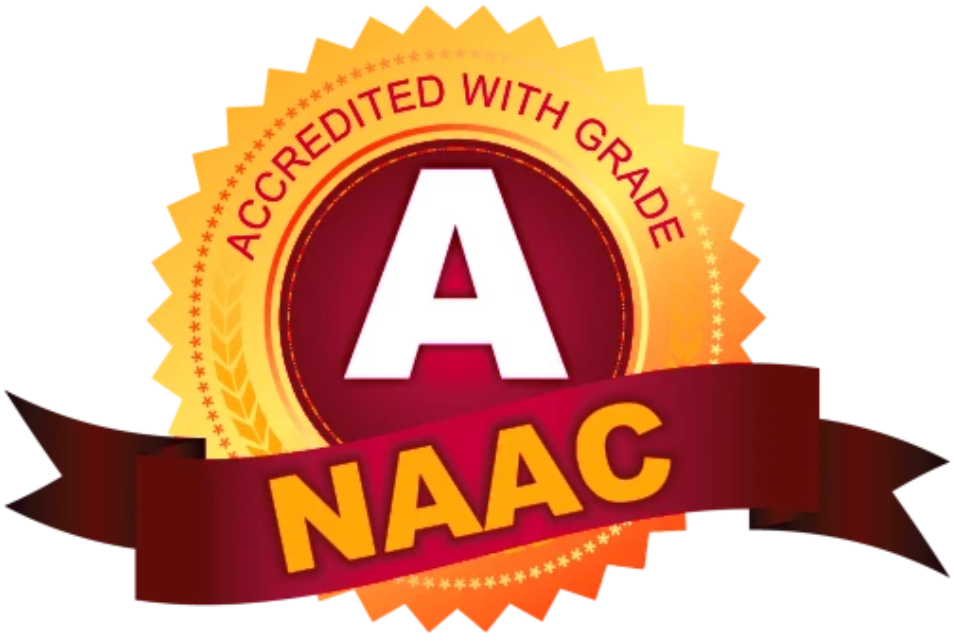ACADEMIC AND ADMINISTRATIVE AUDIT (AAA)
At Kottakkal Farook Arts and Science College (KFASC), maintaining the highest standards in academic and administrative processes is a priority. To achieve this, the college conducts an Academic and Administrative Audit (AAA) at regular intervals. The AAA is a comprehensive evaluation process that assesses the efficiency and effectiveness of the institution’s academic programs and administrative activities. This audit is integral to the college's commitment to continuous improvement and quality assurance.
The AAA process involves a peer review mechanism that includes self-evaluation by the institution and a site visit by peers from both within and outside the college. The primary aim of the AAA is to analyze and evaluate the academic and administrative processes, ensuring their alignment with the institution's goals and objectives. By providing a detailed insight into the strengths, weaknesses, opportunities, and challenges faced by the institution, AAA enables KFASC to adopt corrective and enhancement measures in a forward-looking manner. It ensures the optimal use of systems, infrastructure, practices, human resources, and facilities, ultimately contributing to the holistic development of the college.
In addition to the AAA, KFASC conducts several other critical audits to ensure sustainability, environmental responsibility, and overall quality:
- Green Audit: The Green Audit at KFASC focuses on evaluating the environmental practices and policies of the institution. It assesses how well the college manages its natural resources, including energy, water, and waste, and how it minimizes its environmental footprint. The audit helps identify areas for improvement in sustainability practices, ensuring that the campus remains eco-friendly and promotes a green culture among students and staff.
- Environmental Audit: The Environmental Audit at KFASC examines the college's overall environmental impact. It includes an assessment of air quality, waste management practices, and the institution's efforts to reduce pollution. This audit ensures that KFASC complies with environmental regulations and adopts best practices to protect and preserve the environment.
- Hygiene Audit: Ensuring a clean and healthy environment is paramount at KFASC. The Hygiene Audit assesses the cleanliness and sanitation practices across the campus, including classrooms, laboratories, cafeterias, restrooms, and other facilities. This audit ensures that the college maintains high standards of hygiene, promoting the health and well-being of students and staff.
- Energy Audit: The Energy Audit at KFASC is designed to evaluate the efficiency of energy usage across the campus. It identifies opportunities to reduce energy consumption, enhance energy efficiency, and implement renewable energy solutions. This audit supports the college’s commitment to sustainability by minimizing its energy footprint and reducing operational costs.
- Waste Management Audit: Effective waste management is a crucial aspect of sustainability at KFASC. The Waste Management Audit reviews the college’s practices for handling, segregating, recycling, and disposing of waste. The audit aims to improve waste management processes, reduce waste generation, and promote recycling initiatives, contributing to a cleaner and more sustainable campus.
- Soil and Water Audit: The Soil and Water Audit assesses the quality and management of soil and water resources on the KFASC campus. This audit ensures that the institution is utilizing its soil and water resources responsibly, preventing contamination, and promoting conservation. It also helps in maintaining the health of the campus environment and supporting agricultural activities, if any, within the college premises.
- Air Quality Audit: An Air Quality Audit is a comprehensive assessment conducted to evaluate the quality of air in a specific environment or location. The purpose of such an audit is to identify pollutants, measure their concentrations, and assess the overall air quality against established standards. This audit helps to determine the sources of air pollution, understand its impact on health and the environment, and guide mitigation measures to improve air quality.
These audits provide a comprehensive overview of the various aspects of KFASC’s operations, ensuring that the college not only meets but exceeds the standards expected of a leading academic institution. By regularly conducting these audits, KFASC demonstrates its commitment to continuous improvement, environmental stewardship, and the well-being of its community. These efforts collectively ensure that KFASC remains a model institution, dedicated to excellence in education and sustainable practices.


